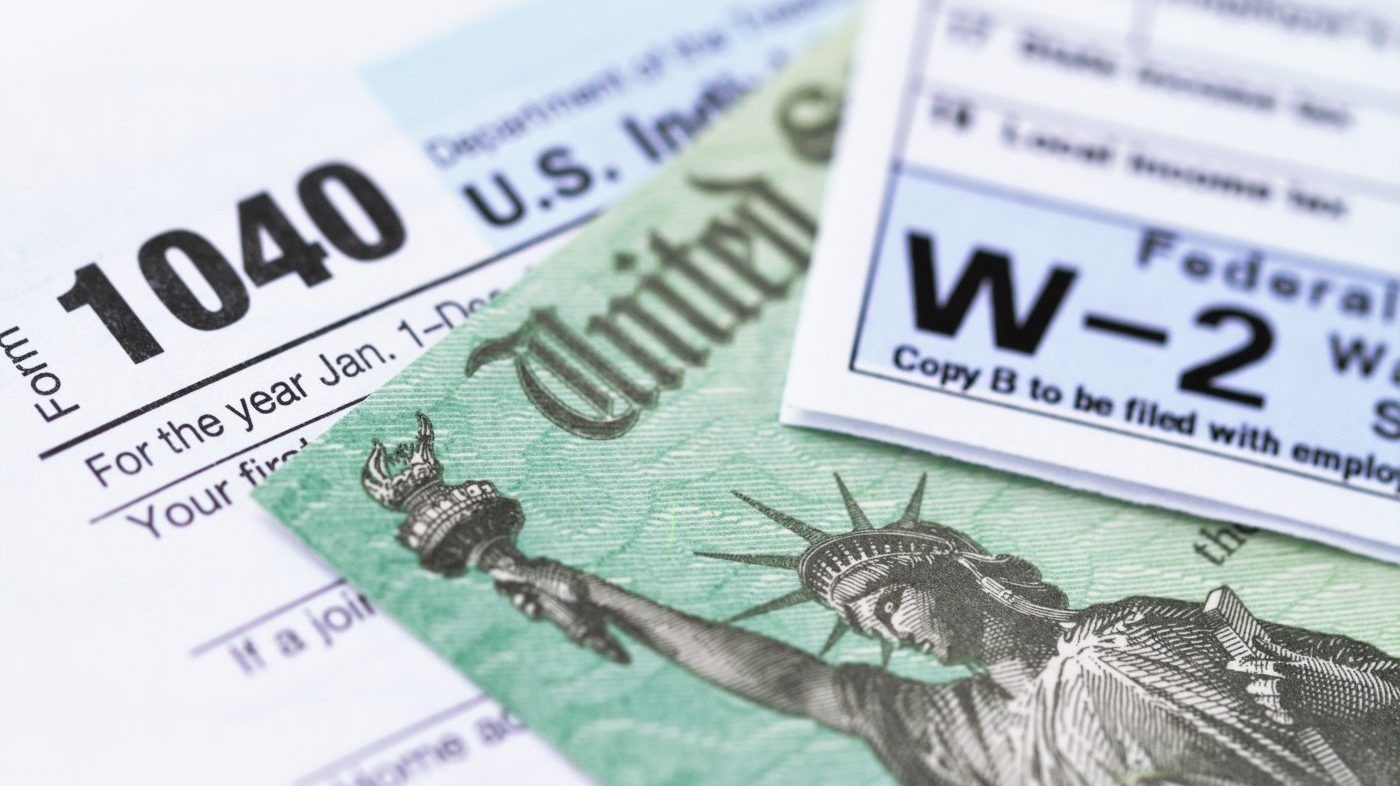
A new survey reveals that 50% of millennials are relying on their tax refunds just to cover basic monthly expenses, highlighting the growing financial pressures facing young adults today.
The study by Credit Karma found that millennials are far more dependent on tax refunds compared to the general population, with only 37% of all taxpayers saying they need their refund to make ends meet. The survey, which polled 1,000 adults between December 2024 and January 2025, also showed that 59% of millennials plan to use their refunds to pay down existing debts.
As the 2025 tax season begins on January 27, with filings due by April 15, the average expected federal tax refund is approximately $3,138. While this may seem like a windfall, it actually represents money that taxpayers have overpaid throughout the year.
The financial strain is so severe that one-third of millennial respondents indicated they would pay extra fees to access their refunds early. This desperation reflects the challenging economic reality many young adults face, where anticipated refunds are needed for basic necessities rather than discretionary spending.
The survey also revealed strong negative feelings about tax season among millennials. About 18% said they would prefer driving 20 hours straight rather than deal with filing taxes, while 15% claimed they would accept a year of celibacy to avoid tax season altogether.
Courtney Alev, consumer financial advocate at Credit Karma, recommends making a concrete plan and utilizing available online resources when approaching tax season. Financial experts suggest that while receiving a large refund may feel satisfying, it means individuals are effectively giving the government an interest-free loan throughout the year.
Some millennials deliberately overwithhold taxes as a form of forced savings, preferring to receive a lump sum rather than smaller monthly amounts. However, financial advisors note this strategy means missing opportunities to invest or earn interest on that money throughout the year.
The findings underscore a broader financial challenge facing the millennial generation, as rising costs of living and existing debt burdens make tax refunds less of a bonus and more of a necessity for basic financial survival.